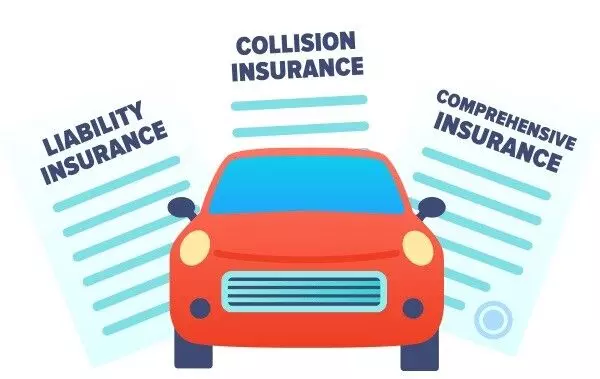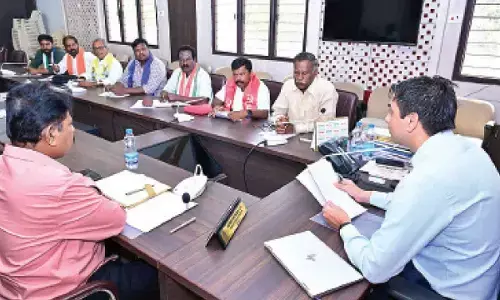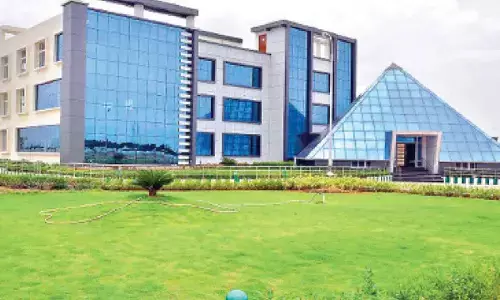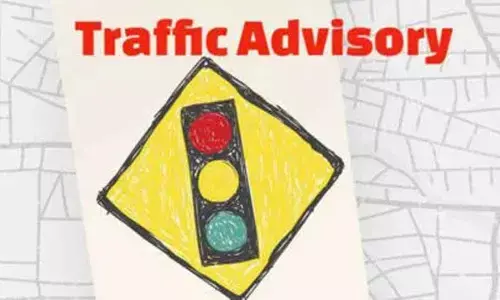Understanding the Types of Car Insurance Coverage

Introduction
Car insurance is an important part of being a responsible vehicle owner since it protects you financially in the event of an accident or other covered incident. Moreover, it is also a legal requirement as per the Motor Vehicles Act of 1988. This article explores the numerous options for auto insurance coverage so that you may make educated choices. Continue reading to learn more.
Liability Coverage
Liability coverage is a crucial element of car insurance because it protects you financially if you are proven to be at fault in an accident. There are two main parts to it: BIL (which covers injuries to people) and PDL (which covers damage to property). If you cause someone else’s injuries, Bodily Injury Liability (BIL) will pay for their medical care, rehabilitation, and even legal representation. Since healthcare expenditures may multiply quickly, this element of insurance is vital.
Repairing or replacing the other party’s property, such as a car or a building, is the responsibility of the party with “Property Damage Liability,” or PDL. Property damage liability (PDL) insurance protects you from having to pay for expensive repairs out of pocket in the case of an accident involving your car or a building.
Collision Coverage
If your car is damaged in a collision with another vehicle or object, regardless of fault, your collision coverage will pay to repair or replace your vehicle. Protecting your own car with this type of vehicle insurance is a must.
In the event of an accident in which you come into contact with another vehicle, a tree, or a light pole, collision coverage would kick in. Your collision coverage helps you in paying for repairs in these cases, relieving you of the financial stress of paying for costly repairs or a complete replacement.
Comprehensive Coverage
Car insurance includes collision coverage, but it also includes comprehensive. While collision insurance covers damage to your automobile from collisions with other cars or stationary objects, comprehensive insurance provides all-round coverage.
This encompasses collision-free events like theft, vandalism and natural calamities like floods, fires, and storms. With comprehensive insurance, your car is protected monetarily against a wide variety of threats, giving you peace of mind and security in the face of uncertainty.
Uninsured and Underinsured Motorist Coverage
Important aspects of auto insurance include uninsured and underinsured motorist coverage (UM/UIM), which protects you in the event of a collision with a driver who either has no insurance or inadequate coverage. When this happens, your UM/UIM insurance kicks in to pay for your medical bills, car repairs, and missed income.
It’s fairly unusual to share the road with uninsured or underinsured motorists. If you don’t have this protection, you might end up with severe financial responsibilities if anything bad happens. With UM/UIM in place, you may drive with peace of mind, knowing that if the worst should happen, you’re covered.
Medical Payments Coverage and Personal Injury Protection
Medical Payments Coverage is a car insurance feature that pays for medical bills for you and your passengers in the case of an accident, regardless of who is at fault. It may be used to pay for things like medical care and expenses. However, Personal Injury Protection (PIP) is a larger kind of coverage that compensates for not just medical expenditures but also missed income and other costs linked to injuries received in an auto accident.
Having both Medical Payment and PIP ensures that you and your passengers are taken care of after an accident since they cover different areas of medical and associated expenditures. However, the requirement of both is conditional on your personal situation, state legislation, and health insurance.
Factors Influencing the Type of Coverage Needed
Several important factors impact the sort of insurance coverage required for your car. You must first consider the minimum insurance coverage levels mandated by your state. Second, it’s important to consider the age and worth of your vehicle; newer, more costly automobiles often need full coverage, while older, lower-value vehicles may be OK with liability insurance alone. Your coverage requirements are partially determined by how often and how far you drive. You may tailor the sort of insurance to your needs by considering aspects like your budget, level of risk tolerance, and whether or not you have a loan on the vehicle.
Conclusion and Recommendations
It’s crucial for car owners to have a firm grasp on the numerous car insurance policies available. Having enough insurance helps safeguard your well-being and those of your passengers in the case of an accident or other misfortune. Consider your vehicle’s age, worth, and expected use, as well as the laws in your state, before making any judgments.











